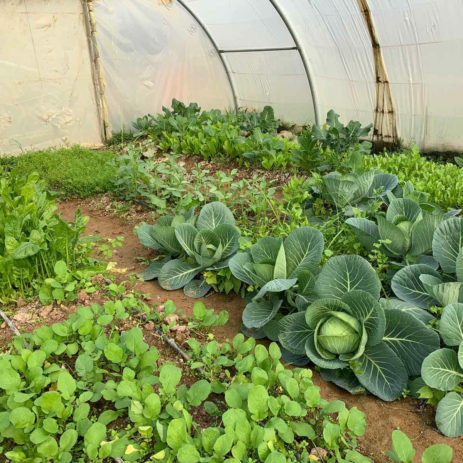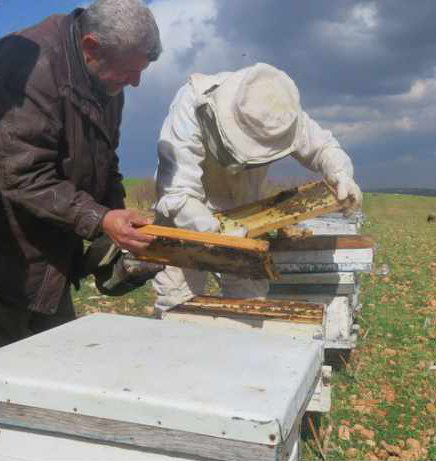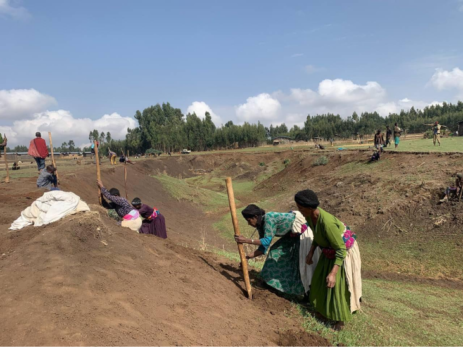Our projects
Promoting food autonomy for refugee families in the Domiz camp with greenhouses
Addressing the lack of sustainable income, fresh produce, and gardens in Domiz 1 camp, Iraq, Mercy Hands created community gardens under greenhouses to empower refugee families to grow their own sustainable food sources. 12 refugee families were given...

Reviving the beekeeping activity in Al-Bab
Beekeeping constitutes a viable microeconomic enterprise and presents an opportunity for poverty alleviation, empowerment of the local population, and strengthening of climate resilience. 10 years of conflict have led to the collapse of the local econ...

Cultivation of Hibiscus sabdariffa Tea Flowers to Treat Hypertension
The project is located in Dohuk, Kurdish Region of Iraq. We are cultivating Hibiscus tea thanks to the Syrian refugees from the Domiz 1 Camp. The Hibiscus project aims to equip Syrian refugees with “Cash for Work” activities that will lead to new job ...

Water, Plants and Animals for a Sustainable Ethiopia
This project is located in the Amhara region in Ethiopia, more precisely in the Bibugn Woreda. Our aim is to empower the rural community, especially women, through various income-generating activities and the rehabilitation of degraded agricultural la...


